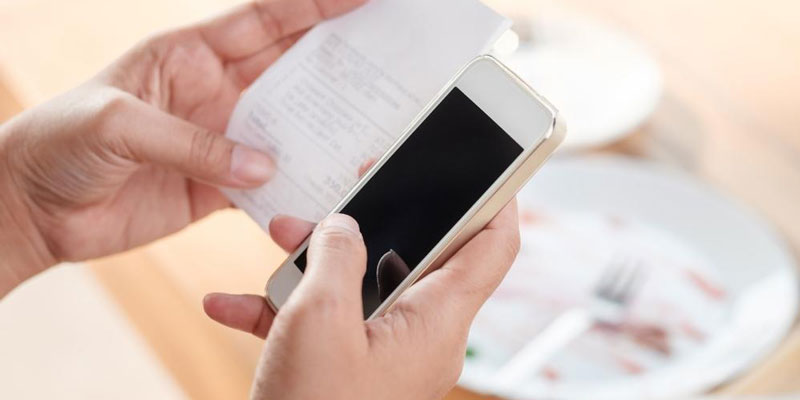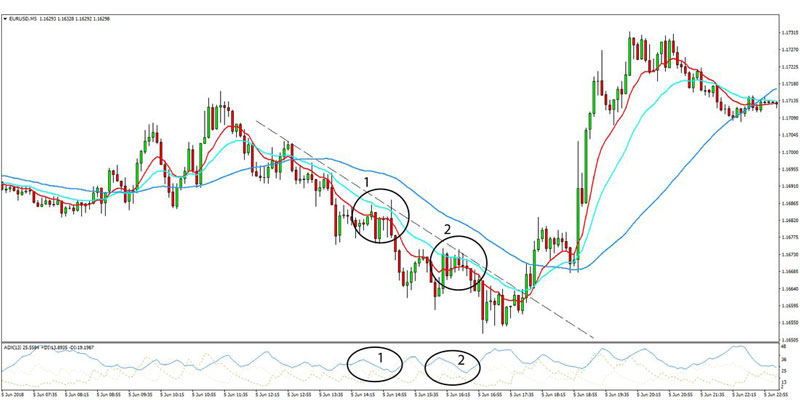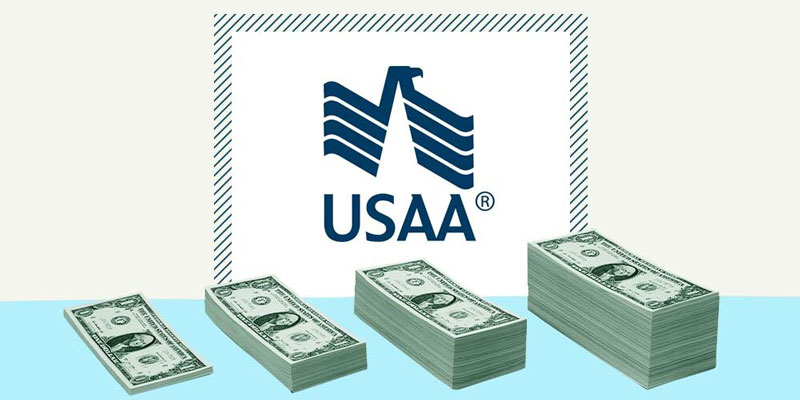The problem of procrastinating to pay your bills is a common one, and can lead to serious problems if left unchecked for long. But by taking a few simple steps, you can overcome this obstacle and get your life back on track.
The following strategies apply to common bills, like rent and mortgage payments, car payments, utility bill payments, insurance payments and credit card debt.
Get organized and make a plan for paying your bills.
If you're not sure where your bills are or how much they are, get it together! Find the bills and figure out how much money you have. Start by putting away money each week, so that you can afford to pay your bills on time. It is definitely best to set up a separate account or envelope for your bill payments, so that you can keep track of what goes in and what comes out.
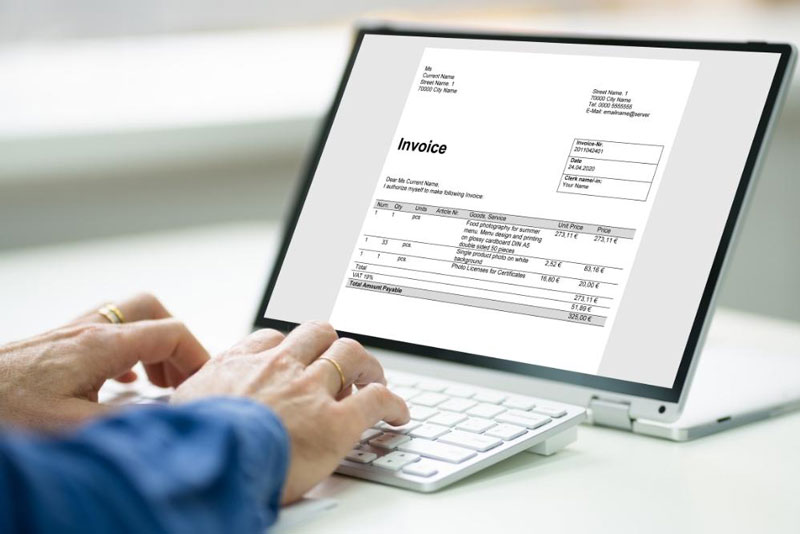
Look for extra money anywhere possible.
If there's no way that you can pay your bill straight-up when it arrives, look for ways to cut expenses (like turning off unused lights) or earn more income (such as taking on a side job). Remember, not all bills are due at the same time -- it may help to prioritize which bills to focus your energy towards paying straight-up, and then focus on paying other monthly expenses as they come.
Have some cash on hand for emergencies and unexpected expenses.
It's good to have extra cash on hand for those unexpected expenses or emergencies that crop up from time to time. If you pay your bills on time, you shouldn't worry about overdrawing your accounts, or taking money out of retirement funds unless absolutely necessary. You may also want to save up a little extra each month for your bills -- this is a great way to avoid getting into debt with credit cards in the future!
Be honest with yourself about whether you really need the item or service being paid for.
It may be tempting to take out a loan, charge it to plastic, or use some other less-than-savory method of paying if you don't have the money on hand. Think about the consequences of that -- if you get in debt, you'll have to pay back the money, and if you can't pay it back, there will be interest incurred. If paying on time is so difficult for you, there are other options besides just waiting until your bill is due to pay it. If you're not sure whether or not a particular service or product is a necessity in your life, talk to someone at the company who provides it and see what they recommend.
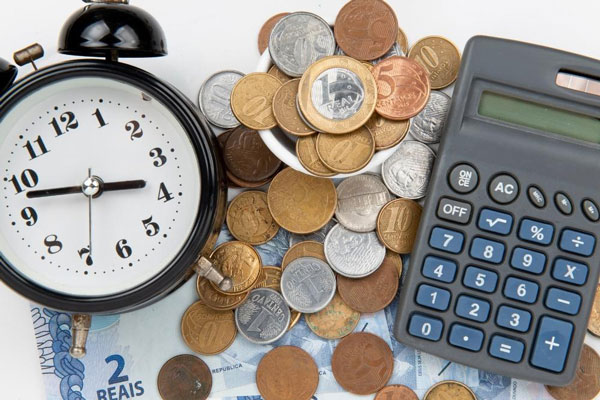
Set a firm enough payment due date that helps you stay organized.
Choose a date that will be easy enough to remember, but also motivating enough. Decide on a date that is as early in the month as possible -- for example, if your rent is due the first of every month, pay it on the first! If payment is due on the 15th, but you like to pay at the end of the month (or even later), this might not be realistic or achievable for you. Pick a date that's firm enough to help you stay on track with your financial situation...but not so firm that it's too tight or stressful.
Write a list of all the bills that you have to pay. Then set aside some time each month to pay them straight-up.
By having a list, you will always be able to see where your money is going (since it should be in your account on that day), and you can plan ahead for when an upcoming bill is due. This will help keep you on track with your payments, and eliminate the chance of forgetting about a bill entirely and paying it later -- if there's no pressure, it won't matter whether or not you pay it at the time the bill arrives.
If all else fails, set up automatic withdrawals from your checking account into savings accounts or another designated non-monthly account (if possible).
Many banks offer this as a service (for an additional charge, usually) -- if you use your bank's automatic withdrawal feature and make sure to set up financial controls on it, you'll never have to worry about forgetting about a bill again. Automatic withdrawals will come out of your checking account on the same day each month, and deposit the money into a savings account that you designate. Just make sure to leave yourself enough cash in your checking account to cover other monthly expenses, like food and gas!
Consider paying some or all of your bills online.
This will not only help you with paying bills, but will help you keep track of your finances in general. If most of your bills come now, it becomes easier to avoid running out of money in the middle of the month -- and it keeps you from having to write checks and go through the expense (and headache) of mailing them out. It can also help you set up an automatic payment schedule for certain bills (such as your mortgage payment, or your insurance), and make sending in paper checks more automated -- all of this will help you make sure that you're always working towards paying on time, without having to worry about forgetting to pay a bill that you've already mailed out.
Consider asking for a deferment.
If it's possible, ask your employer to let you defer the payment of one or more of your bills until the next month. This might be a good idea if you have a medical bill that will take time to pay off, or if you can't afford to pay your electric bill until your next pay period (and even then, you may want to consider just not paying it at all until you come up with an alternate payment plan).
